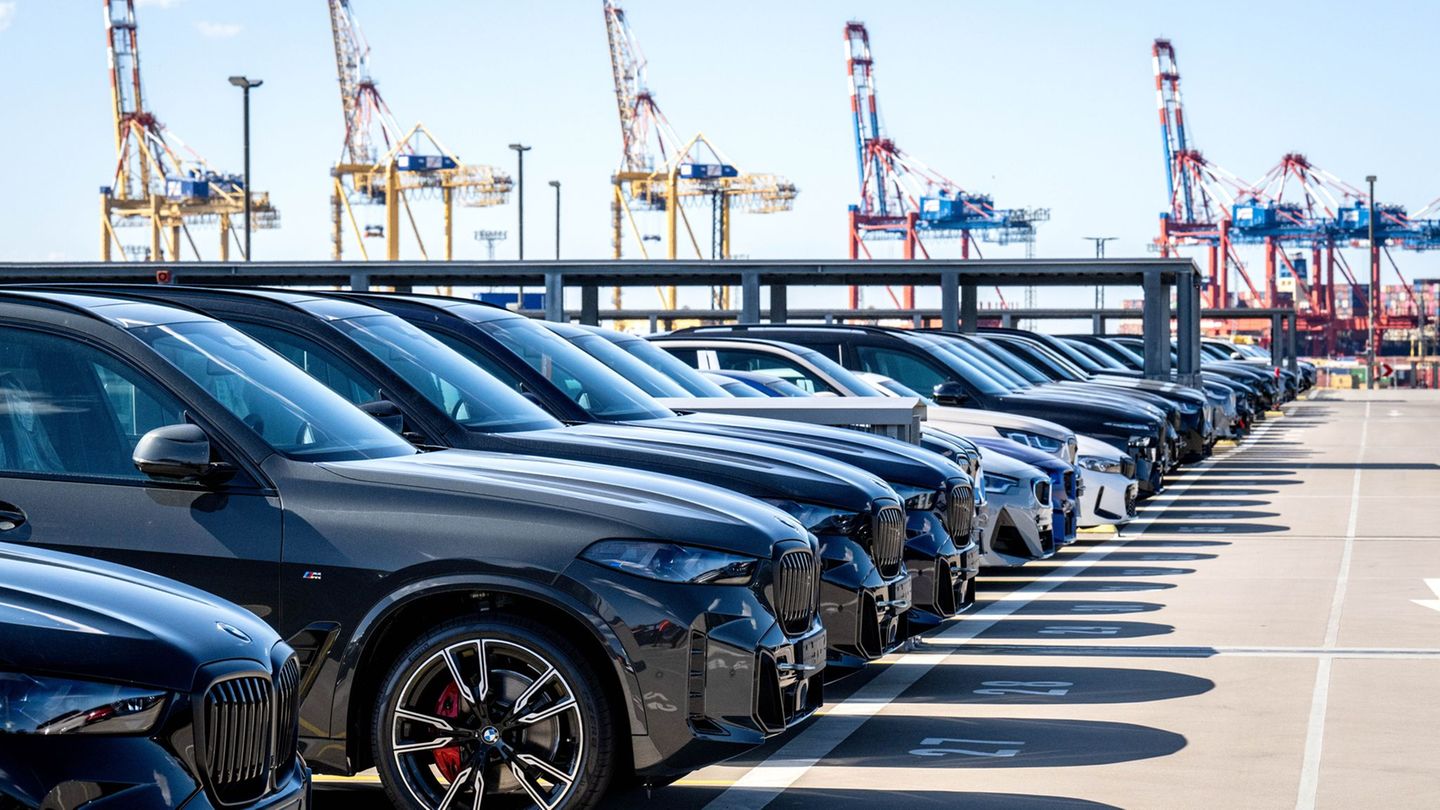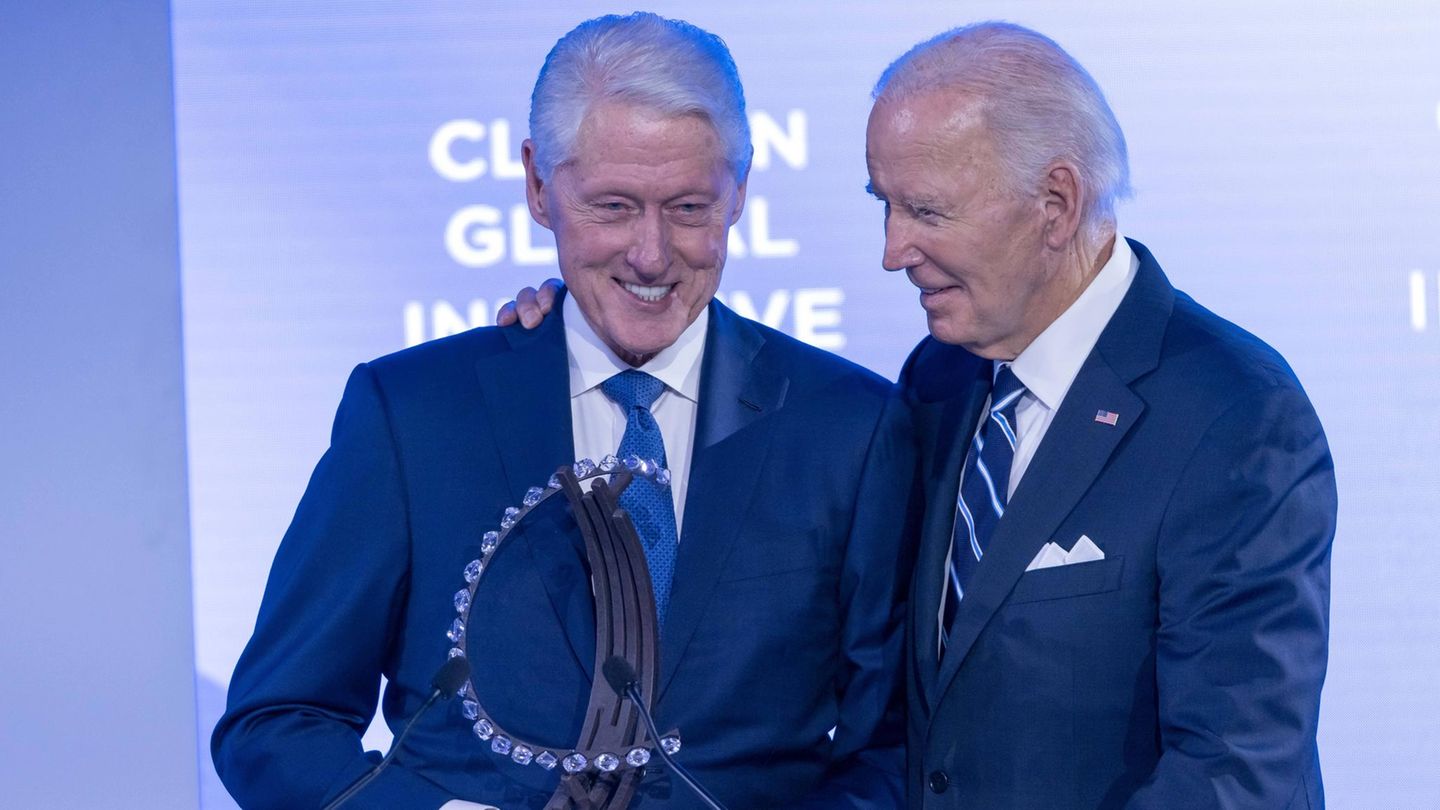We find ourselves facing a government that not only denies the existence of climate change, but is also withdrawing from spaces for discussion and international cooperation on the issue. In October the Conference of the Parties on Biodiversity (COP 16) was held in Colombia and the days before Milei announced a raid against diplomats suspected of supporting the “2030 Agenda”.
This month was the COP 29 environmental summit and he ordered the withdrawal of the Argentine delegation that had already arrived in Azerbaijan. This anti-environmentalist position does not remain a mere overacting on social networks: in concrete reality it implies that Argentina is moving away from the negotiation bodies necessary to discuss international politics and obtain financing for public policies of mitigation and adaptation to the environmental crisis.
Many times environmentalist speeches are cynical, catastrophic, and hopeless. What happens when this coexists with a government that is cynical, catastrophic, hopeless and that on top of that denigrates the environmental issue? The response in many places in the world would be disastrous, but in Argentina and Latin America we know very well what fighting it is about. There are possible margins to dispute the path imposed by Milei’s agenda. As? In a regional key, working on the consolidation of a cooperation network of popular environmentalism, together with militants and references throughout Latin America.
Historically, our region has been a target for global extractivism: we have almost a third of the world’s fresh water; between Argentina, Chile and Bolivia we have 55% of the lithium; Argentina has one of the three largest reserves of unconventional oil and gas in the world; Between Chile, Peru and Mexico are the most important global copper reserves; just to give some examples. However, we are the ones who suffer the most from the consequences of environmental degradation.
The countries of the Global North developed at the expense of the South, building their economies and well-being with our raw materials. They managed to industrialize, improve the quality of life of their inhabitants and position themselves as powers, causing us enormous damage: we are the ones who suffer the most from the consequences of extreme climatic events such as floods, tornadoes, fires and droughts, which destroy homes and material goods or ruin them. our crops, leading to million-dollar losses that slow down our economies. Néstor Kirchner already said it in 2004 at the COP10 held in Argentina: we are environmental creditors of our financial creditors.
This year the Biodiversity Conference of the Parties (COP16) was held in Colombia and next year the Climate Change Conference of the Parties (COP30) will be held in Brazil. Latin America becomes the axis of global discussions around the most important socio-environmental problems in history. This context is unbeatable to finally be able to lead global environmental discussions and establish a clear and coordinated position on the part of Latin America. Environmental sovereignty is an opportunity to start building an organization and start thinking about what future we want.
What concrete actions can we begin to take? As a first measure, articulate a Latin American environmental front with those countries and organizations that, far from ignoring the climate crisis, face it with a firm and committed agenda. By articulating these alliances in the region, we can demonstrate that the position of the current government of Argentina regarding the environmental agenda is a marginal position, exert force to not disinhabit key multilateral spaces and coordinate adaptation, financing and development strategies.
LULA BORIC.jpg
Latin America becomes the axis of global discussions around the most important socio-environmental problems in history.
From this block, begin to put together a joint work agenda for the COP30 that will be held next year in Brazil. As a main measure, demand the proper mobilization of financing that corresponds to this environmental crisis. The new climate financing goal adopted at COP 29 is US$300 billion per year by 2035, far from the US$1.3 trillion requested by developing countries (including Latin America). Furthermore, continue insisting on the exchange of debt for environmental action.
The Milei battle does not take into account a fundamental factor: the power of popular Latin American environmentalism. In our region, popular spaces such as Morena in Mexico, the PT in Brazil, the Historical Pact of Colombia or the Free Party of Honduras have been gaining strength, and now the main Argentine opposition party, the Justicialista Party, chaired by Cristina Fernández de Kirchner, that will promote -without a doubt- an environmental and sovereign agenda. There are communities and social sectors throughout the region that have been working on these issues for years. In Argentina, environmentalism has been able to build fundamental discussions and achievements in recent years. We achieved key laws such as the Forest Law, the ratification of the Escazú Agreement, the front labeling law, the Comprehensive Environmental Education Law or the modification of Máximo Kirchner’s Fire Law (which the ruling party is now trying to repeal).
We have militancy, NGOs, academic sectors, activists, environmental officials throughout the country willing to work. Can popular environmentalism then be a starting point to build a new Latin American project?
Minister of Environment of the province of Buenos Aires
Source: Ambito
David William is a talented author who has made a name for himself in the world of writing. He is a professional author who writes on a wide range of topics, from general interest to opinion news. David is currently working as a writer at 24 hours worlds where he brings his unique perspective and in-depth research to his articles, making them both informative and engaging.




